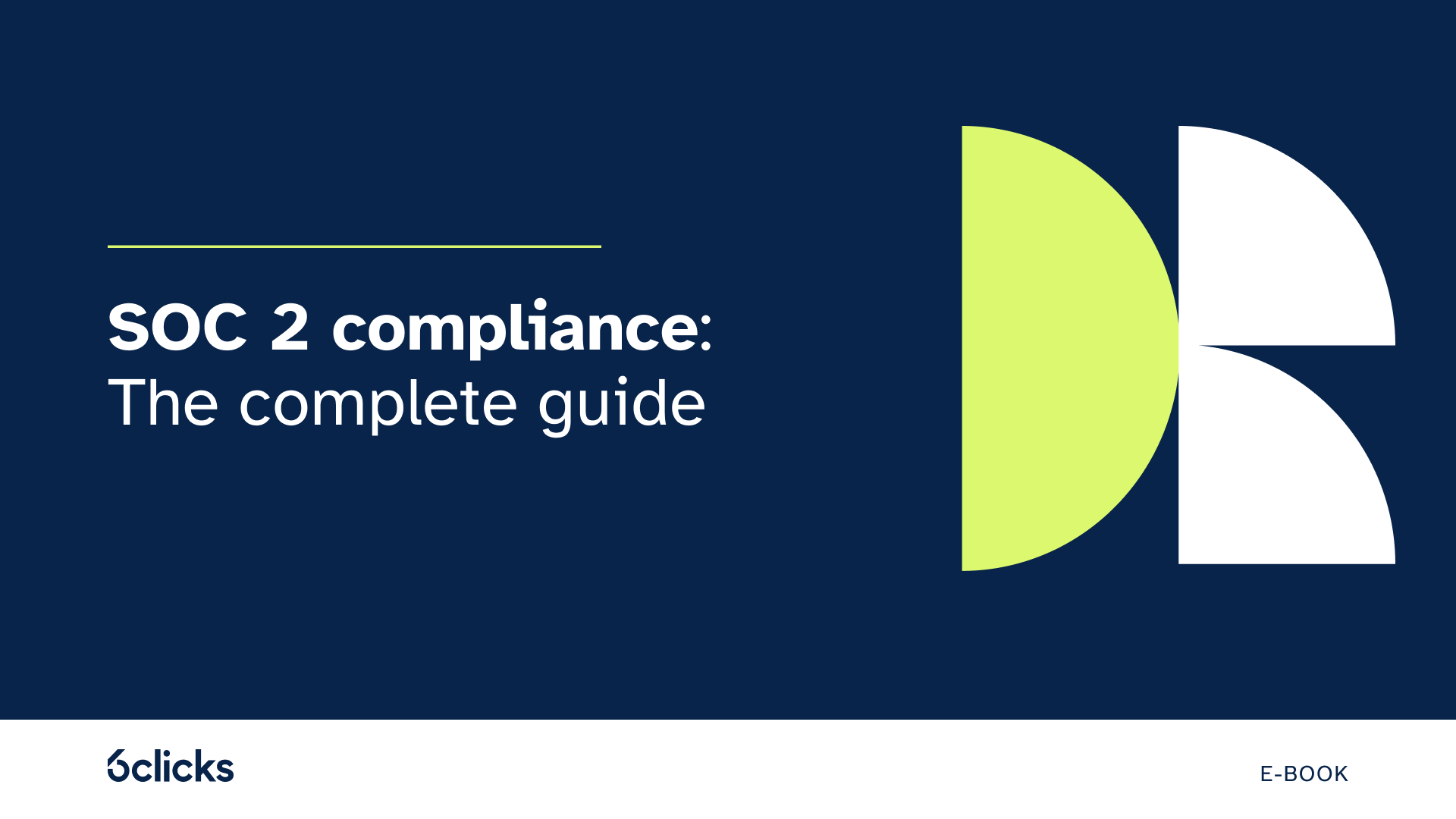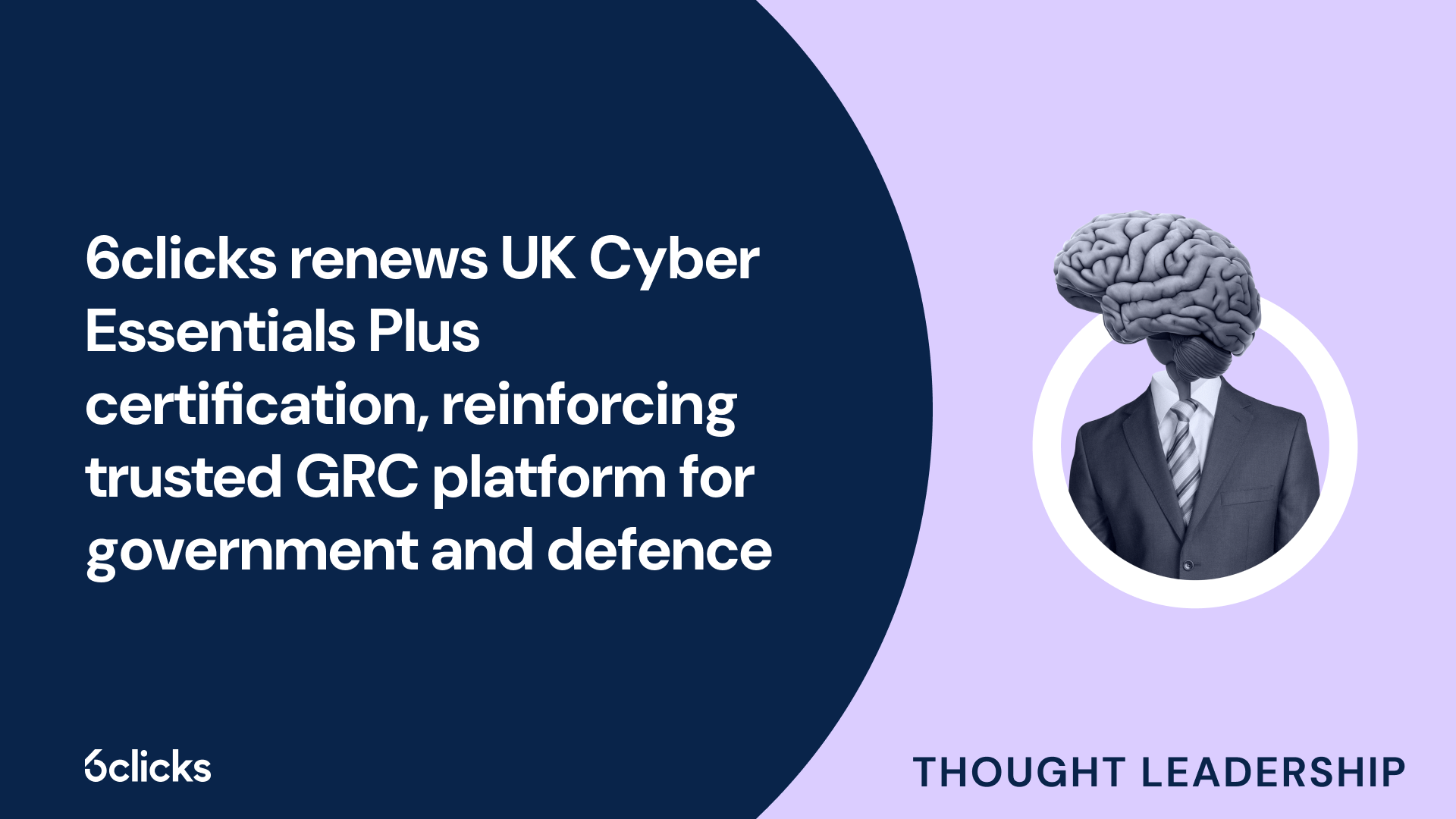Mastering the cybersecurity domain in 2025
Discover how to future-proof your organization’s cybersecurity in 2025. This free guide from 6clicks explores core security domains, regulatory frameworks, and how to integrate GRC for scalable, resilient, and audit-ready programs. Essential reading for CISOs, risk managers, and compliance leaders.
-1.png?width=200&height=249&name=Group%20193%20(1)-1.png)
Mastering the cybersecurity domain in 2025
How do security operations support real-time threat response?
TL;DR: Security operations empower organizations to detect, investigate, and respond to cyber threats in real time—minimizing damage, reducing dwell time, and strengthening resilience.
In the 6clicks expert guide Mastering the Cybersecurity Domain in 2025, security operations is the frontline domain for active defense. It encompasses the day-to-day monitoring, analysis, and response activities that keep cyber threats from escalating into business disruptions.
This domain is increasingly reliant on automation, intelligence, and integration to deal with the growing volume and velocity of attacks.
Key components of modern security operations:
-
Security operations center (SOC)
The centralized hub where security analysts monitor alerts, assess incidents, and coordinate response. -
Security information and event management (SIEM)
Aggregates and correlates logs from across systems to detect anomalies. -
Security orchestration, automation, and response (SOAR)
Automates repetitive response tasks and workflows to accelerate incident handling. -
Threat intelligence integration
Feeds real-time insights into SOC workflows, helping analysts prioritize and understand threats. -
Incident response planning and forensics
Provides structured response playbooks, post-mortem analysis, and lessons learned.
Why this domain is critical for cyber resilience
Cyberattacks happen fast—and often go undetected for weeks or months. Security operations enable organizations to:
-
Detect threats as they emerge
-
Contain incidents before they spread
-
Automate responses to reduce human error
-
Learn from events to improve future defenses
In 2025, effective security operations are data-driven, automated, and continuous—a far cry from the manual SOCs of the past.
Struggling to keep up with real-time threat detection and response?
Book a demo with 6clicks today to see how our platform integrates assessments, threat intelligence, and response workflows—so your security operations stay one step ahead.










